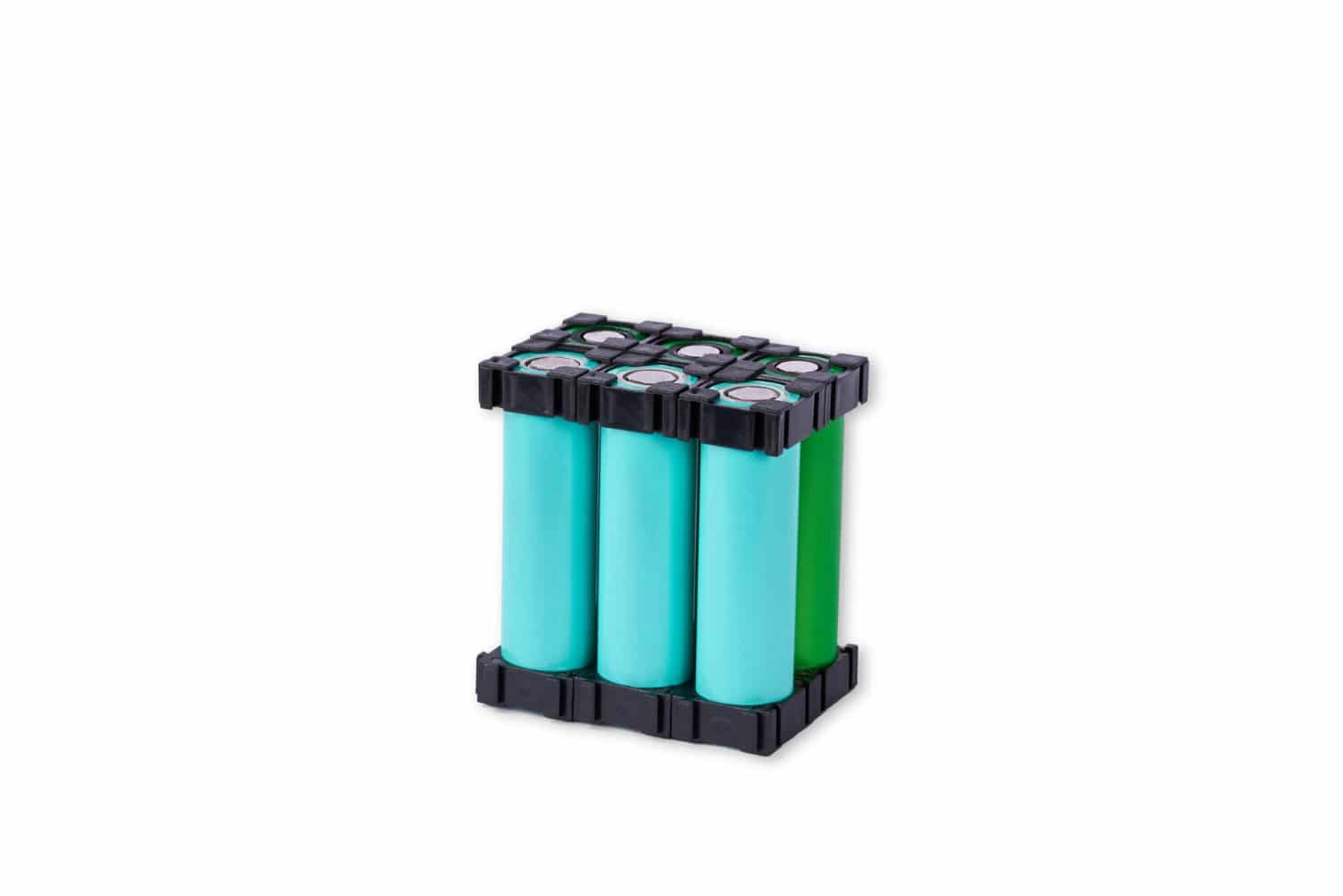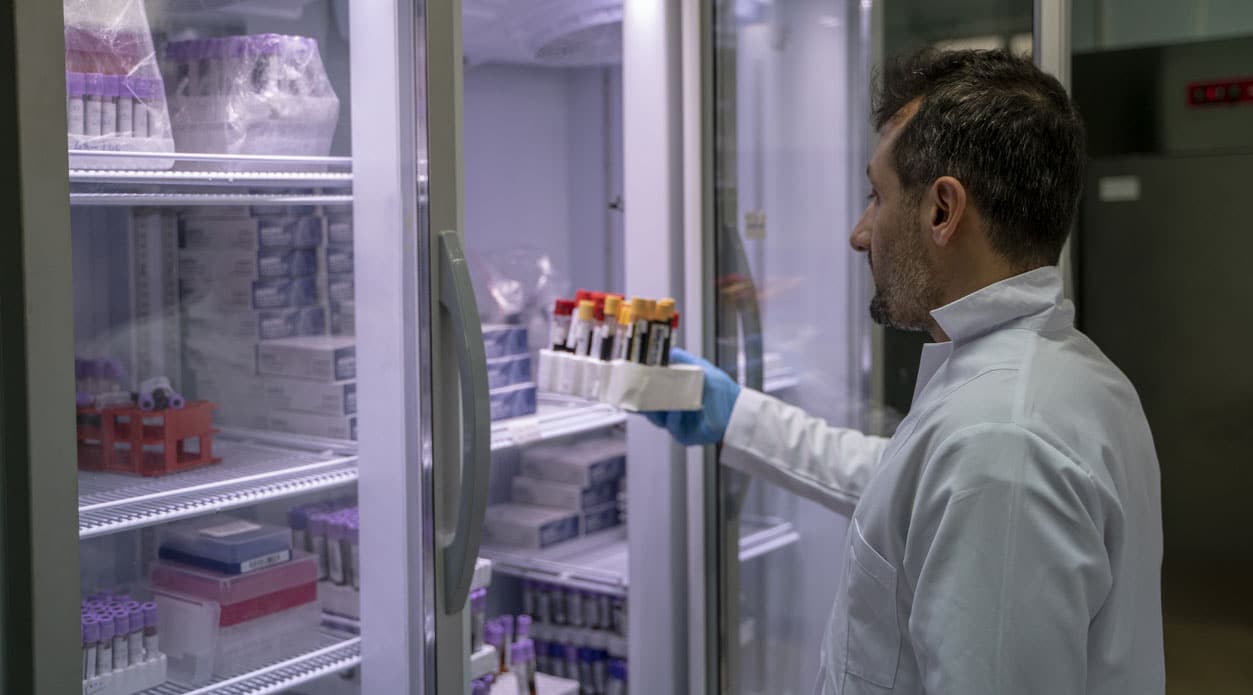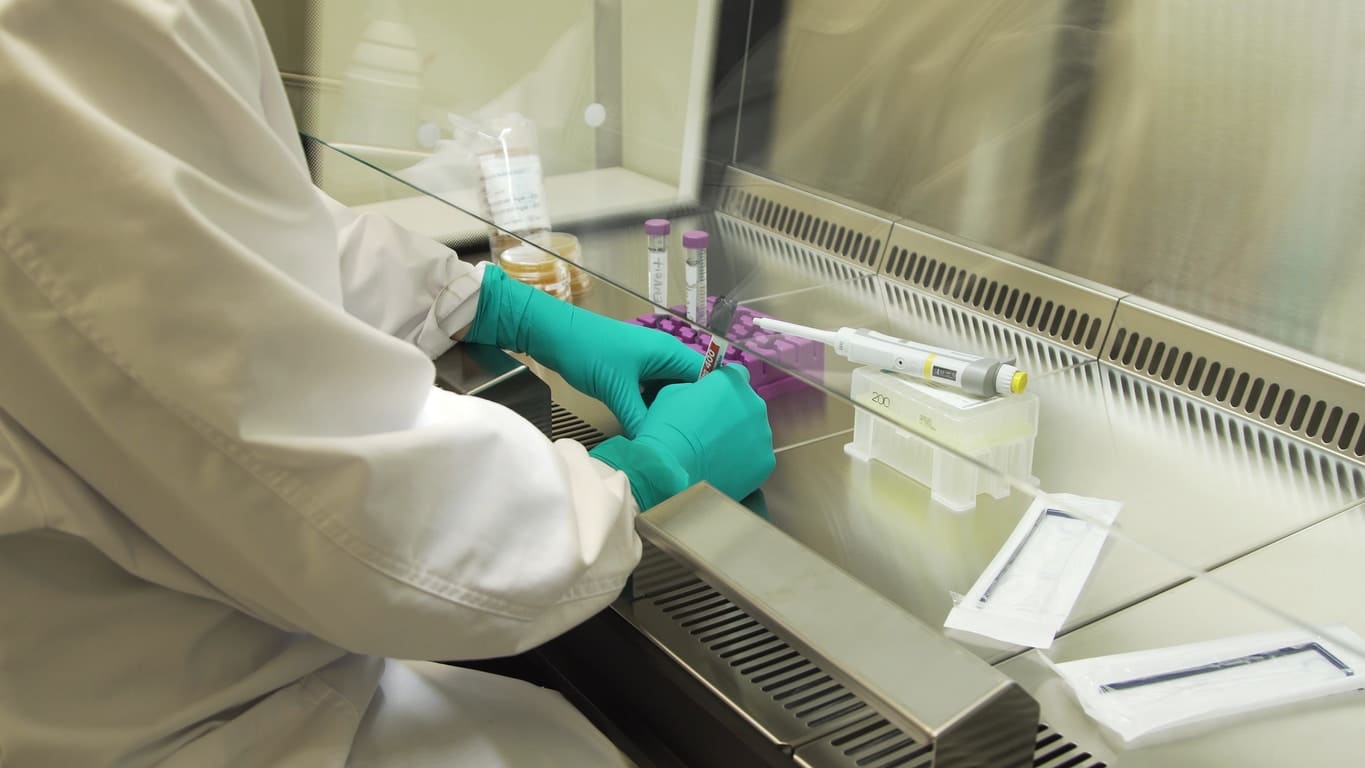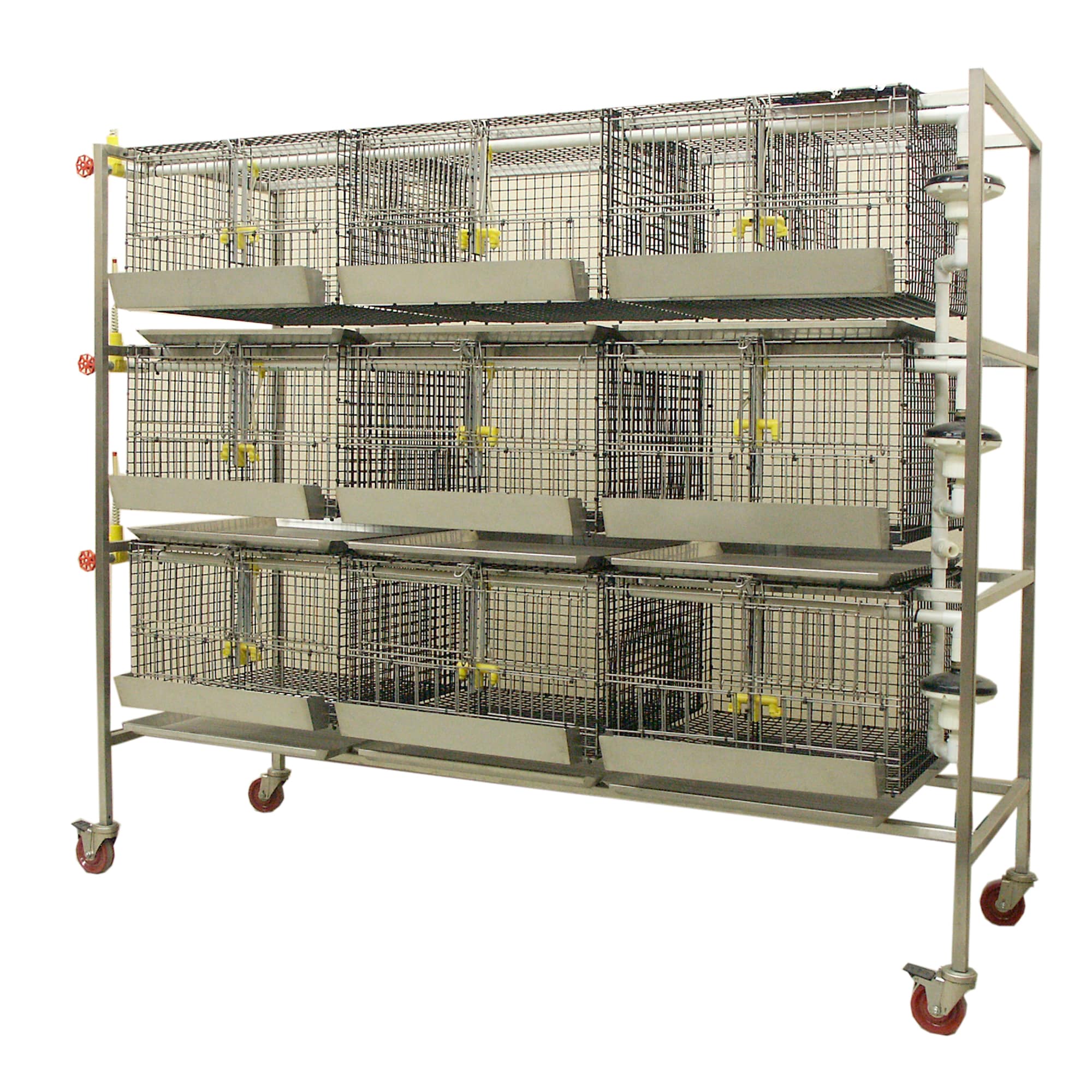
Introduction
Lithium-ion batteries power a wide range of devices in the rapidly evolving world of technology, from smartphones to electric vehicles. Ensuring the safety, performance, and reliability of these batteries is of great importance. This is where battery testing chambers come into play. This article explores why a company making lithium-ion batteries would want to use a battery testing chamber, the tests the chamber can perform, and the regulations governing lithium-ion battery certification in the United States.
Importance of Battery Testing Chambers
Ensuring Safety and Reliability
Battery testing chambers are crucial for assessing the safety and reliability of lithium-ion batteries. They simulate various environmental conditions and operational scenarios to evaluate how the batteries perform under different circumstances. This helps identify potential issues and ensure that the batteries are safe and reliable.
Compliance with Regulations
A battery testing chamber is essential for ensuring lithium-ion batteries comply with various national and international safety standards and regulations. Compliance is a legal requirement and a way to build trust with consumers and stakeholders.
Types of Tests Performed
Environmental Testing
Battery testing chambers can simulate various environmental conditions such as extreme temperatures, humidity levels, and atmospheric pressures. These tests assess how the batteries perform under various environmental conditions and ensure they can operate safely and efficiently in real-world scenarios.
Mechanical Testing
Mechanical tests, including vibration and shock tests, evaluate the battery’s physical and mechanical robustness. These tests ensure that the batteries can withstand the rigors of transportation, handling, and use.
Electrical Testing
Electrical tests assess the battery’s performance, capacity, and other characteristics. These tests ensure that the batteries meet the specified electrical standards and perform optimally in various applications.
Life Cycle Testing
Life cycle testing evaluates the battery’s longevity and performance during its life cycle. It helps in determining the battery’s durability and reliability over time.
Regulations Governing Lithium-Ion Battery Certification in the United States
In the United States, lithium-ion batteries must adhere to various regulations and standards to ensure their safety and performance.
Federal Regulations
- Department of Transportation (DOT): The DOT regulates the transportation of lithium-ion batteries, ensuring they are safe for transport by air, sea, or land.
- Occupational Safety and Health Administration (OSHA): OSHA sets standards for the safe handling and storage of lithium-ion batteries to ensure workplace safety.
Standards
- Underwriters Laboratories (UL): UL 1642 and UL 2054 are key standards for lithium-ion batteries, covering the safety of lithium-ion cells and multi-cell battery packs, respectively.
- Institute of Electrical and Electronics Engineers (IEEE): IEEE 1625 and IEEE 1725 are standards for rechargeable batteries used in portable computing and cellular telephony, respectively.
The Role of Battery Testing Chambers
Battery testing chambers simulate diverse conditions including extreme temperatures, pressures, and humidity levels. This comprehensive approach helps identify and address potential issues, contributing to the enhancement of lithium-ion battery technologies.
- Evaluating New Technologies
Testing chambers aid in evaluating emerging technologies like solid-state and lithium-air batteries, ensuring their effectiveness and safety for automotive and other applications.
- Specific Applications
These chambers allow for the evaluation of lithium-ion batteries in specific applications, helping to ensure that the batteries meet the unique demands of each use case, whether in passenger cars, commercial vehicles, or other applications.
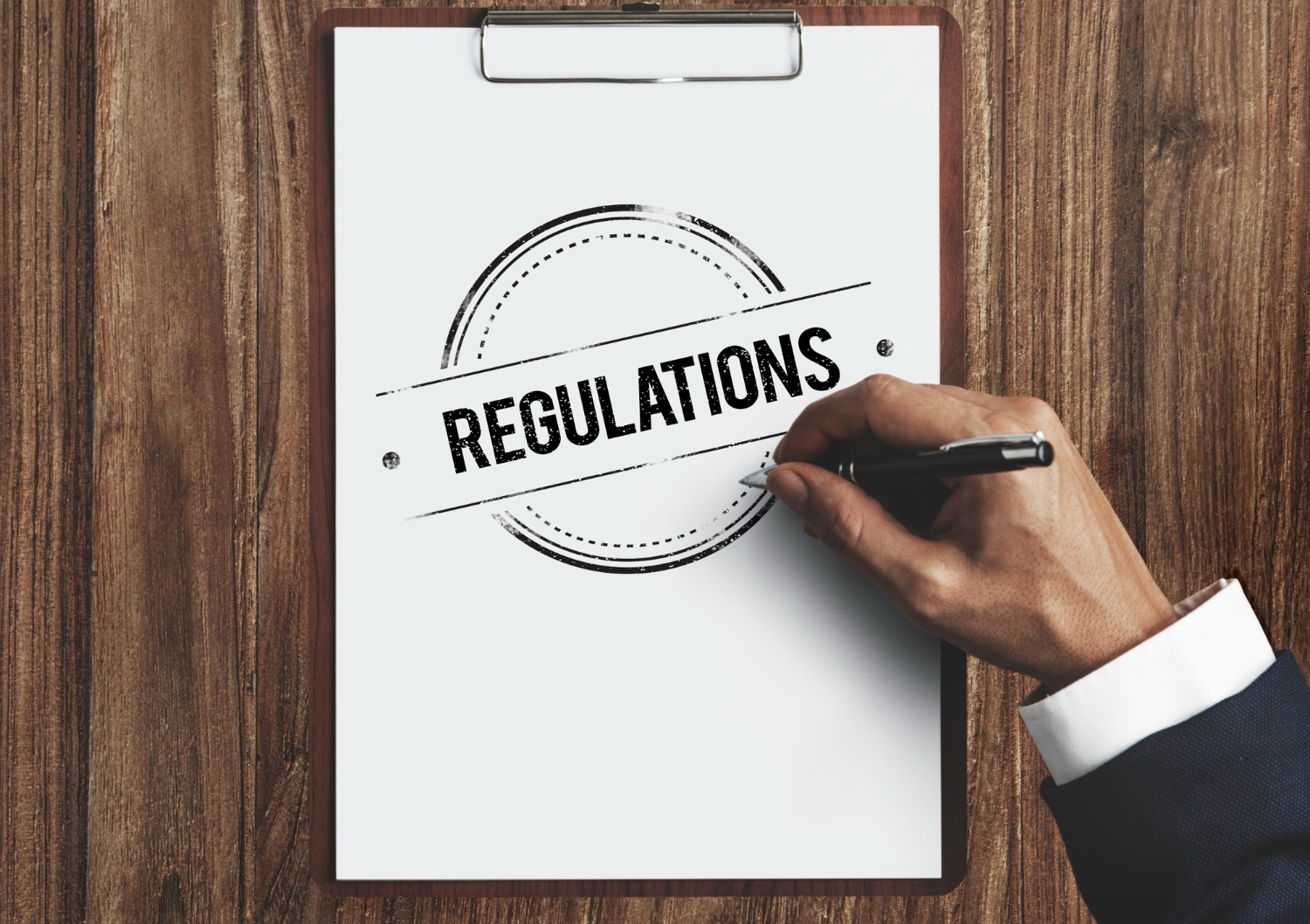
A Comprehensive Guide to Lithium-Ion Battery Testing Regulations: Focus on UL 1642, UL 2054, UL 2271, and UL 2580
Lithium-ion batteries are fundamental in our technology-driven world in various applications, from electric shavers and e-bikes to electric vehicles. Ensuring the safety and reliability of these batteries is paramount, leading to the establishment of various testing standards and regulations such as UL 1642, UL 2054, UL 2271, and UL 2580. This guide will delve into the comprehensive understanding of these standards, ensuring your lithium-ion batteries are compliant, reliable, and safe for use.
UL1642 Certification of Lithium-ion Batteries
In the realm of lithium-ion batteries, ensuring safety and performance standards is vital. One significant certification that batteries must adhere to is the UL1642 certification. Here, we delve into what UL1642 certification entails and its crucial role in ensuring lithium-ion battery safety.
What is UL1642 Certification?
UL1642 certification sets standards for rechargeable lithium-ion batteries, focusing on minimizing the risk of fire or explosion while the batteries are in operation. The certification applies to batteries used as power supplies in various products, covering both technician-replaceable and user-replaceable applications.
UL1642 Standard for Lithium-ion Battery
The UL1642 standard scrutinizes lithium-ion batteries containing metallic lithium or a lithium alloy, ensuring their safety in both single and multi-cell configurations. Batteries containing specific amounts of metallic lithium are subject to particular assessment and testing to verify their suitability for intended uses.
Test Items of UL1642 Certification
The extensive UL1642 testing process includes several key evaluations, ensuring that batteries can withstand various conditions without posing a safety hazard:
- T.10 Short-Circuit Test: Evaluates the battery’s behavior and endurance under short-circuit conditions.
- T.11 Abnormal Charging Test: Assesses battery performance under abnormal charging scenarios.
- T.13 Crush Test: Determines the battery’s resilience when subjected to extreme pressure.
- T.14 Impact Test: Tests the battery’s structural integrity upon impact.
- T.15 Shock Test: Assesses the battery’s robustness against sudden and intense forces.
- T.16 Vibration Test: Examines the battery’s ability to withstand continuous vibrations.
- T.17 Heating Test: Tests the battery’s performance and safety under elevated temperatures.
- T.18 Temperature Cycling Test: Assesses the battery’s stability across varying temperatures.
- T.19 Low Pressure (Altitude Simulation) Test: Evaluates the battery’s reliability at low pressures resembling high-altitude conditions.
- T.20 Project Test: A comprehensive assessment of the battery in a project or real-world scenario.
Description of the Lithium-ion Battery
The tested lithium-ion battery sample, created with a single cell, undergoes rigorous evaluation to ensure it meets the UL1642 standard. It’s important that these batteries maintain specific voltage and current limits and are housed in a case with ample protective strength to prevent fire and high-temperature hazards.
General of UL1642 Certification
In the UL1642 certification process, standardized units of measurement and terminology are employed, ensuring uniformity and clarity in assessment and reporting. A thorough understanding of these components is key for accurate evaluation and compliance.
UL 2054: Standard for Household and Commercial Batteries
UL 2054 is geared toward smaller, rechargeable devices with capacities less than 10 ampere-hours. This standard includes tests like short-circuit, abnormal charging, abusive overcharging, limited power source, battery component temperature, and more.
Overview of UL 2054
UL 2054 is a comprehensive standard that outlines the safety requirements and testing procedures for various types of household and commercial batteries, including lithium-ion batteries. It is designed to evaluate the safety of batteries under anticipated use, misuse, and abuse conditions, ensuring their reliability and safety in various applications.
Key Testing Procedures in UL 2054
- Electrical Tests:
- Charge and Discharge: Assesses the battery’s performance and safety under various charge and discharge conditions.
- Short Circuit: Evaluates the battery’s safety under short-circuit conditions.
- Mechanical Tests:
- Impact/Crush Test: Determines the battery’s resilience to mechanical impact or crushing.
- Drop Test: Assesses the battery’s durability when dropped from a specific height.
- Environmental Tests:
- Temperature Cycling: Evaluates the battery’s performance and safety across different temperature cycles.
- Heating Test: Assesses the battery’s safety when exposed to elevated temperatures.
Importance of Compliance with UL 2054
Ensuring Safety and Reliability
Compliance with UL 2054 is essential for ensuring the safety and reliability of lithium-ion batteries in household and commercial applications. It helps manufacturers identify and address potential safety issues, enhancing the overall safety and quality of their products.
Building Consumer Trust
Adhering to UL 2054 also builds consumer trust and confidence in the products. Consumers become confident of the safety and quality of the batteries, fostering brand loyalty and satisfaction.
Enhancing Product Quality
Battery testing chambers also contribute to enhancing the overall quality of lithium-ion batteries by enabling rigorous testing and evaluation, helping manufacturers make necessary improvements and optimizations.
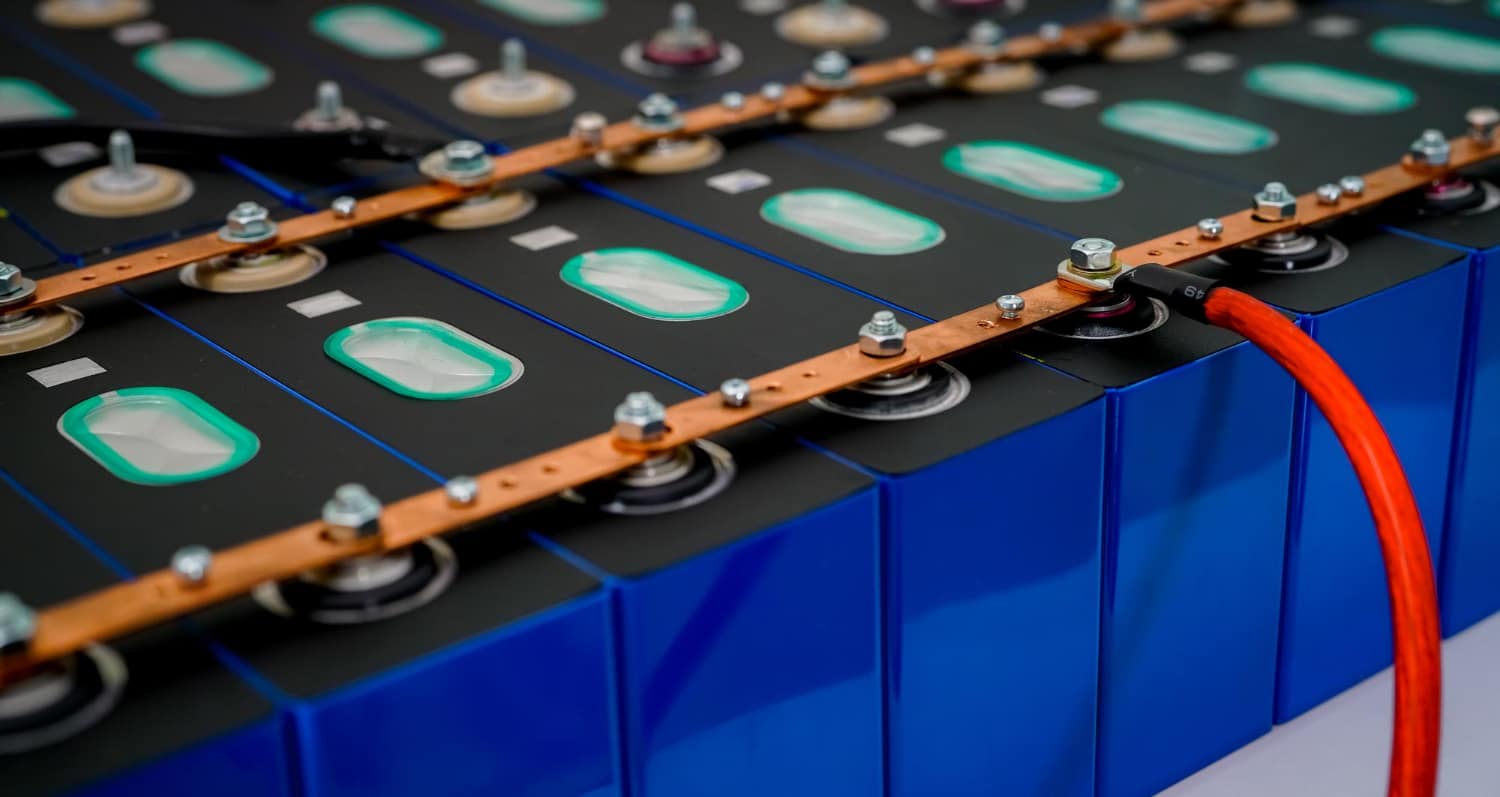
Exploring UL2271 and UL2580 Standards for Lithium-Ion Batteries
UL 2271: Standard for Batteries for Use in Light Electric Vehicle (LEV) Applications
UL 2271 is a standard specifically designed for batteries used in light electric vehicle (LEV) applications, including e-bikes, scooters, and other light electric mobility products. It outlines these batteries’ safety requirements and testing procedures, ensuring their reliability and safety in LEV applications.
Key Testing Procedures in UL 2271
- Electrical Tests:
- Short Circuit: Evaluates the battery’s safety under short-circuit conditions.
- Overcharge: Assesses the battery’s performance and safety during overcharging.
- Mechanical Tests:
- Crush Test: Determines the battery’s resilience to mechanical crushing.
- Drop Test: Assesses the battery’s durability when dropped from a specific height.
- Environmental Tests:
- Water Exposure: Evaluates the battery’s performance and safety when exposed to water.
Importance of Compliance with UL 2271
Compliance with UL 2271 is necessary for ensuring the safety and reliability of batteries used in LEV applications. Compliance helps manufacturers enhance the safety features of their products, ensuring their durability and reliability in real-world LEV applications.
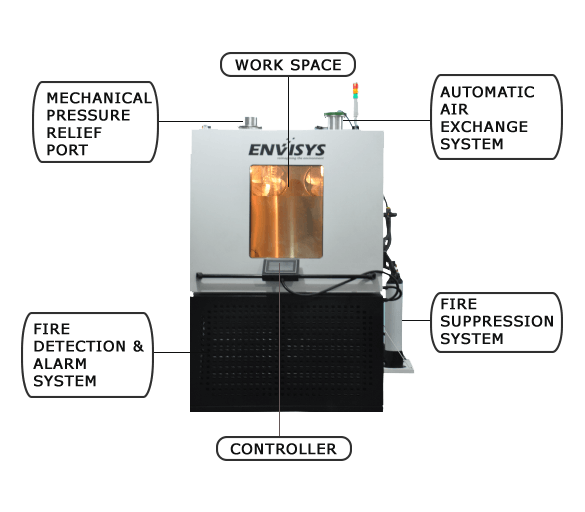
UL 2580: Standard for Batteries for Use in Electric Vehicles
UL 2580 is another standard for batteries, specifically those used in electric vehicles (EVs). It outlines EV batteries’ comprehensive safety requirements and testing procedures, ensuring their safety, reliability, and performance in electric vehicle applications.
Key Testing Procedures in UL 2580
- Electrical Tests:
- Over-Discharge Protection: Assesses the battery’s safety under over-discharge conditions.
- Charge and Discharge Current: Evaluates the battery’s performance under various charge and discharge currents.
- Mechanical Tests:
- Impact Test: Determines the battery’s ability to withstand mechanical impacts.
- Vibration Test: Assesses the battery’s resilience to vibrations.
- Environmental Tests:
- Thermal Cycling: Evaluates the battery’s performance and safety across different temperature cycles.
Importance of Compliance with UL 2580
Compliance with UL 2580 helps ensure the safety and performance of batteries used in electric vehicles. It also helps manufacturers meet EV batteries’ stringent safety and performance requirements, ensuring their reliability and safety in electric vehicle applications.
Choose ARES as Your Trusted Partner for Testing Chambers
In the intricate world of lithium-ion batteries, ensuring the utmost safety, performance, and compliance with standards like UL 1642, UL 2271, UL 2580, and UL 2054 is non-negotiable. This is where ARES stands out as your reliable partner and expert distributor for all types of testing chambers, including lithium-ion battery testing chambers.
Expert Guidance and Support
At ARES, we understand the importance of selecting the appropriate testing chambers that align with your specific needs and compliance requirements. Our knowledgeable representatives work closely with you, providing expert guidance and support throughout the selection process. We ensure that you are equipped with the right testing chambers that are capable of conducting comprehensive and accurate tests for lithium-ion batteries, ensuring adherence to various UL standards.
Commitment to Excellence
Our unwavering commitment to excellence and customer satisfaction makes us the preferred choice for many manufacturers. We take pride in offering top-notch testing chambers that are robust, reliable, and designed to meet the rigorous testing demands of lithium-ion batteries. With ARES, you are not just acquiring a testing chamber; you are gaining a partner dedicated to ensuring the safety, performance, and reliability of your lithium-ion batteries.
Ensuring Compliance and Safety
Navigating the landscape of lithium-ion battery testing and certification can be complex, but with ARES by your side, you can be assured of seamless and efficient testing processes. Our testing chambers are designed to help you achieve compliance with UL standards, ensuring the safety and reliability of your batteries, and ultimately, the satisfaction and trust of your consumers.
Your Success is Our Priority
At ARES, your success is our priority. We are dedicated to providing you with cutting-edge testing chambers that contribute to the enhancement of your lithium-ion batteries, ensuring their optimal performance, safety, and compliance with regulatory standards. Partner with ARES and experience the difference of working with a distributor that is as committed to your success as you are.
When it comes to testing chambers, including lithium-ion battery testing chambers, make ARES your partner of choice. With our expertise, quality products, and unwavering support, we empower you to achieve the highest standards of safety, performance, and compliance for your lithium-ion batteries, ensuring your position as a leader in the industry. Choose ARES, where your success and satisfaction are at the forefront of everything we do.



